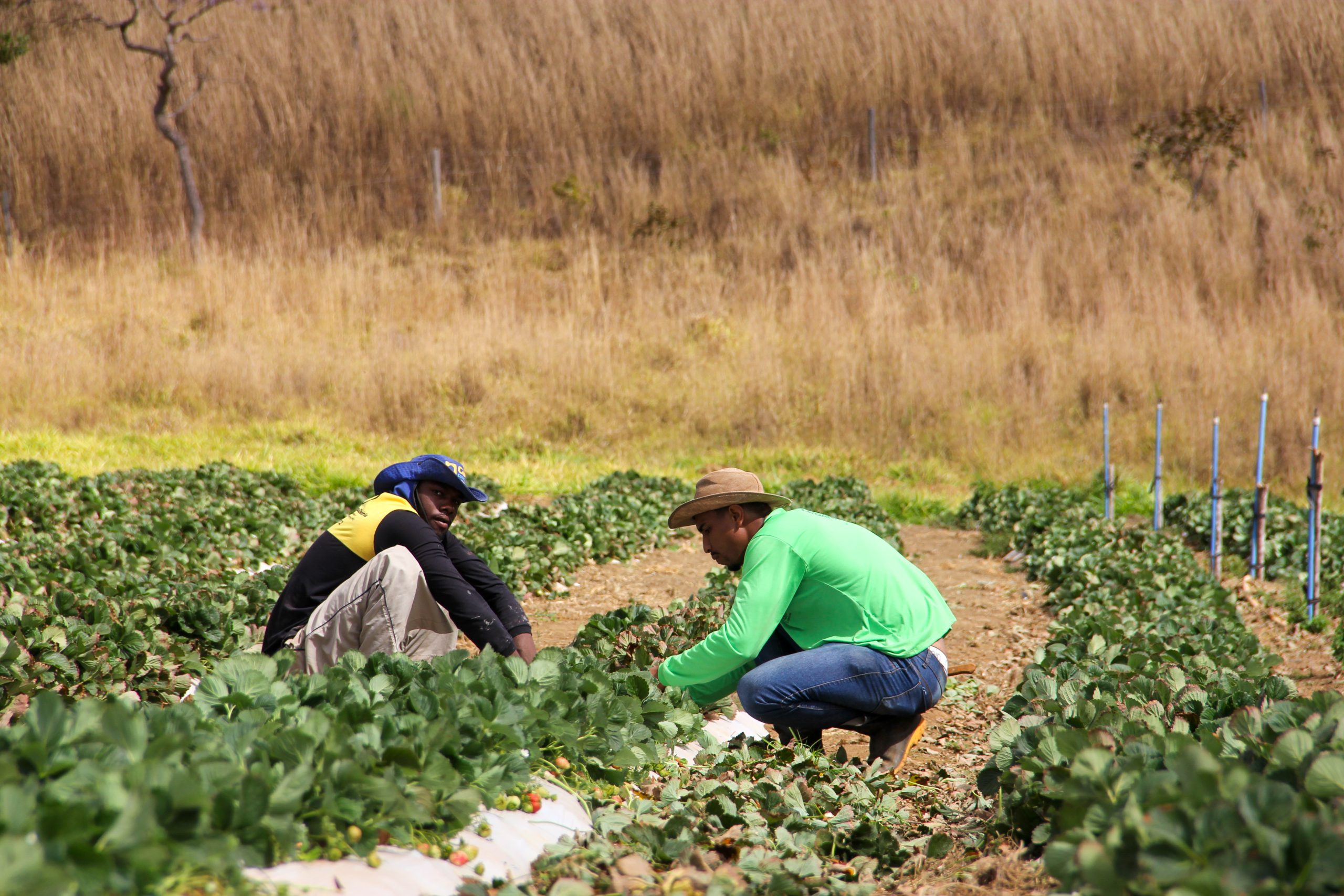
A delegation of 12 school feeding experts from South Africa is taking part in a study visit to Brazil from March 17 to 21 to learn about aspects of school feeding linked to local purchases.
Under Nelson Mandela’s government in 1994, South Africa set up its first school feeding program for elementary school pupils, linked to its Ministry of Health. In 2008, the program was renamed the National School Nutrition Program (NSNP), under the responsibility of the Ministry of Education, and was expanded to secondary schools as well.
Today, the program reaches more than 9.6 million students in primary and secondary schools, which corresponds to 77% of students in the poorest areas.
Sourcing fresh vegetables from small local farmers for school meals is a priority for South Africa because it stimulates food availability, brings price stability and creates employment and income opportunities for communities. The country aims for 30% of the vegetables used in the NSNP to come directly from smallholder farming.
The study visit focuses on understanding the integration of family farming and the Brazilian National School Feeding Program (PNAE), and the agenda includes thematic meetings and a field visit.
The WFP Centre of Excellence against Hunger in Brazil is organizing the visit in partnership with the National Education Development Fund (FNDE), the Brazilian Cooperation Agency (ABC) with support from the Federal District government, the Ministry of Agrarian Development and Family Agriculture (MDA) and the Ministry of Development and Social Assistance and Fight against Hunger (MDS) and partner institutions.




